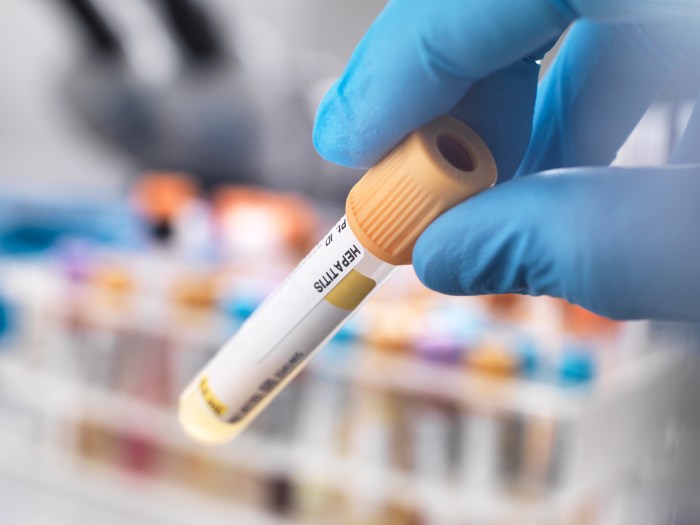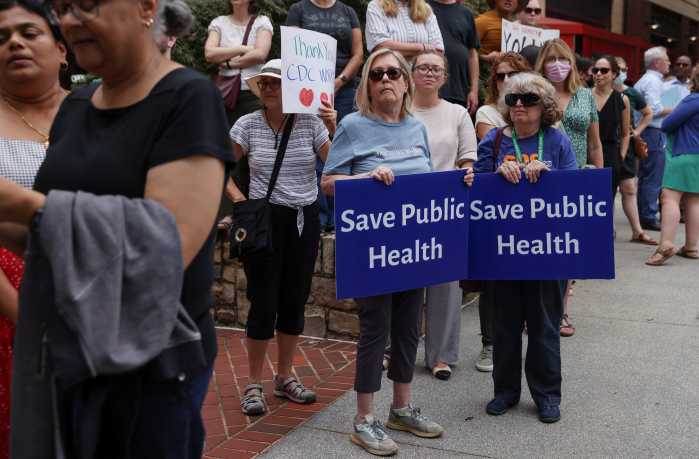The Philadelphia Department of Public Health has released its 2023 Annual Report on Hepatitis B, C, and D in the city. The report reveals that hepatitis B and C are present across all residential ZIP codes, contributing to cases of premature death and cancer among residents.
The report shows that more than 48,000 residents are living with these viruses, however health officials say this likely underestimates the true number, as these conditions often have no symptoms and remain untested. Healthcare professionals urge every adult to be tested at least once in their lifetime for hepatitis C and hepatitis B. The decline in reported infections over the last decade reflects, at least in part, a lack of routine testing.
“This report highlights the continued progress toward eliminating hepatitis B, C, and D from Philadelphia,” said Health Commissioner Dr. Palak Raval-Nelson. “Much work remains, however, and by coordinating efforts across Philadelphia we can eliminate the impact they have on the health of our residents.”

hepatitis B
An estimated 1.6 percent of Philadelphians are living with hepatitis B — 666 people in 2023 had new hepatitis B infections, according to the report. Non-Hispanic Black residents represent the highest proportion of people living with hepatitis B. Asian and Pacific Islanders experience nearly ten times the rate of infection of White residents.
The report also shows that transmission is being seen among communities previously assumed to be vaccinated. As a result, health officials strong urge all adults 19-59 years of age get vaccinated for hepatitis B — a service that many healthcare providers and pharmacies throughout Philadelphia offer.
hepatitis C
It is estimated that more than 51,000 Philadelphia residents have been diagnosed with hepatitis C since 2016, half of whom have been cured or cleared the virus thanks to treatment availability. More than 1,000 people in 2023 tested positive for hepatitis C for the first time, and they—along with nearly 25,000 others—still need access to treatment and supportive services.
hepatitis D
This is the city’s first report that includes hepatitis D, and Health Department officials aim to better understand how to prevent the spread of hepatitis D with this and future reports.
Vaccination and treatment
The Health Department’s Viral Hepatitis Program urges all Philadelphians to learn about viral hepatitis and take steps to protect their health and their communities. This includes getting vaccinated for hepatitis B, getting tested for hepatitis B and C, and seeking treatment for hepatitis B or a cure for hepatitis C.
The Health Department, and partners like HepCAP and Hep B United Philadelphia, also have information and resources available at phillyhepatitis.org




























